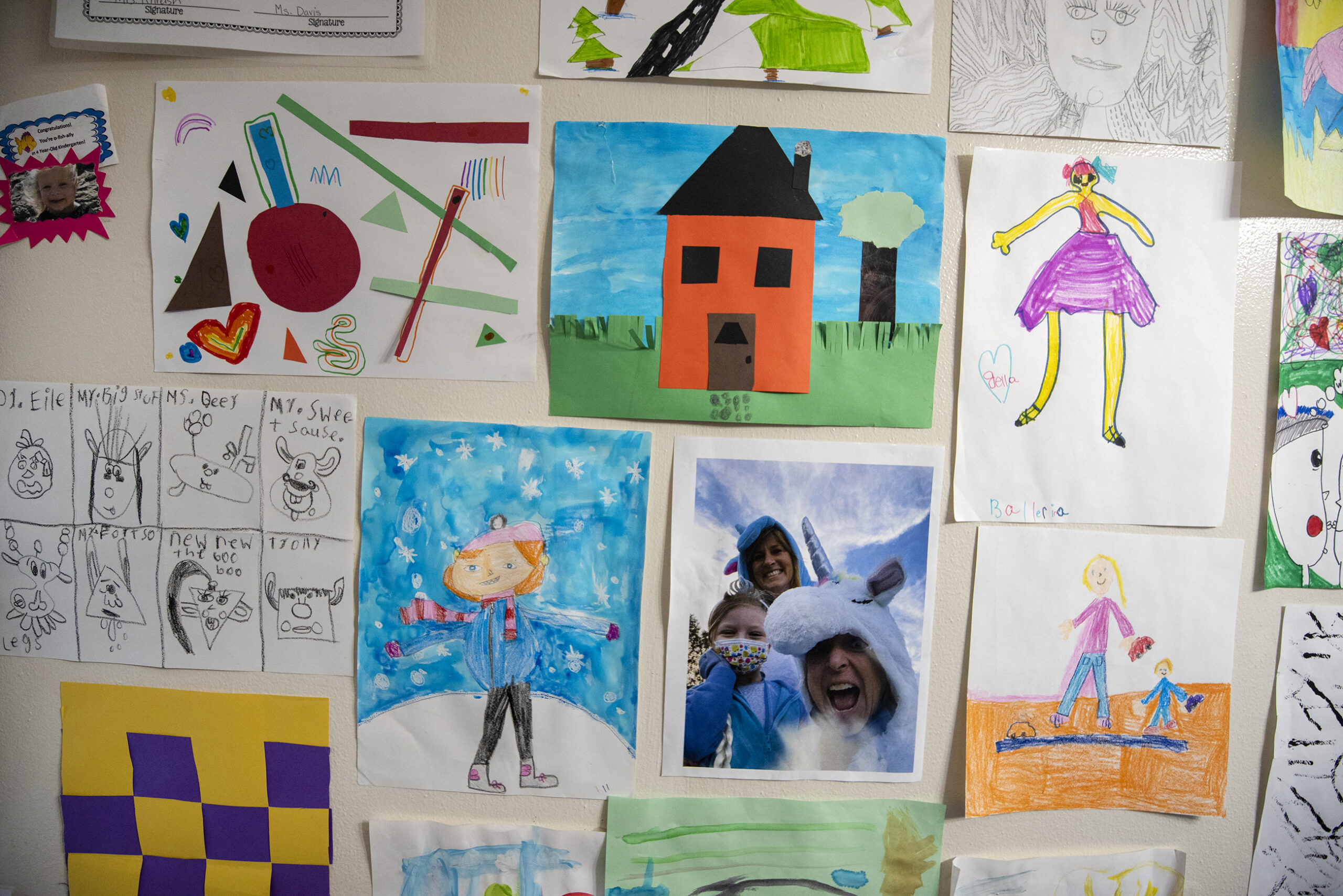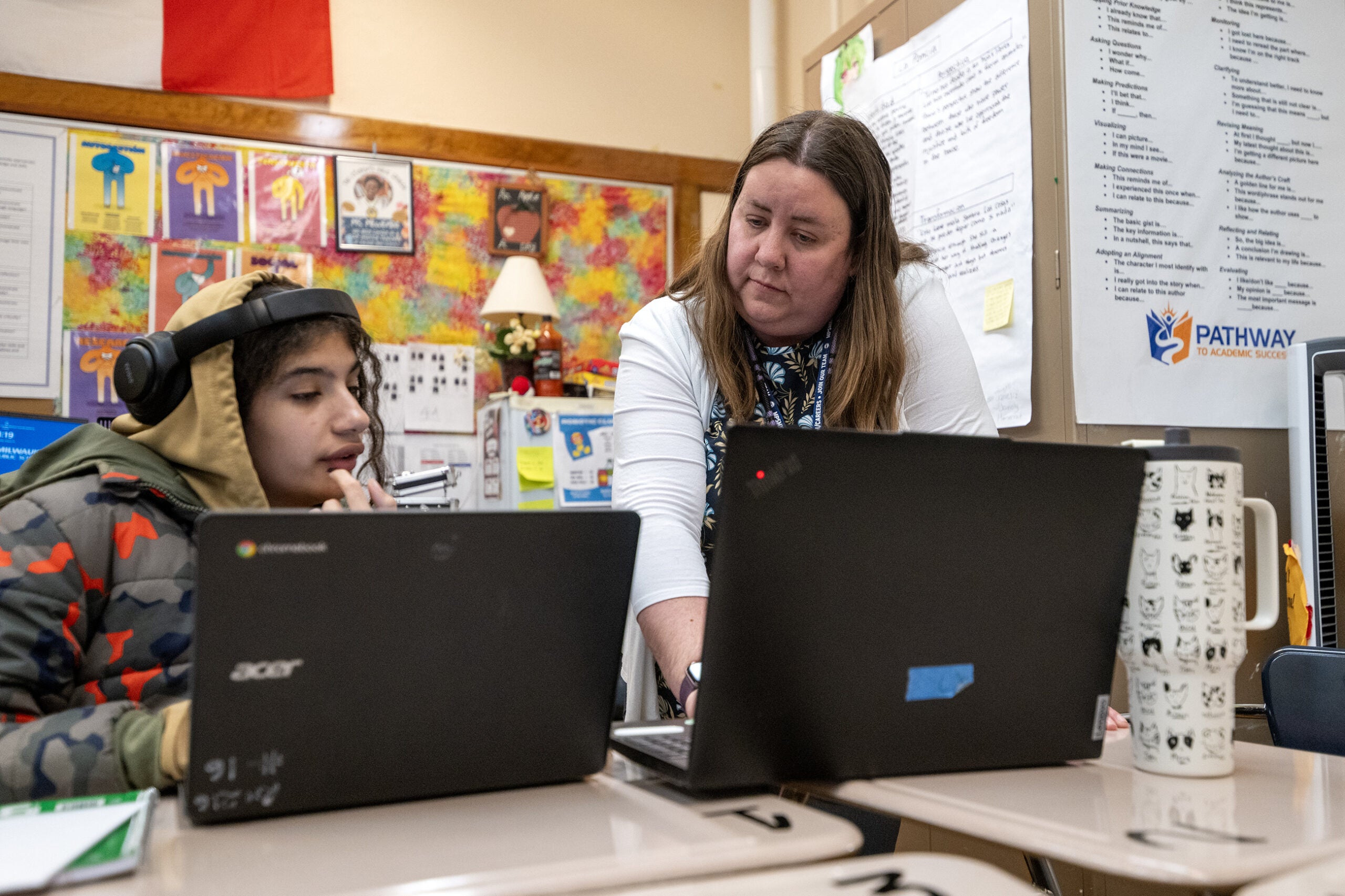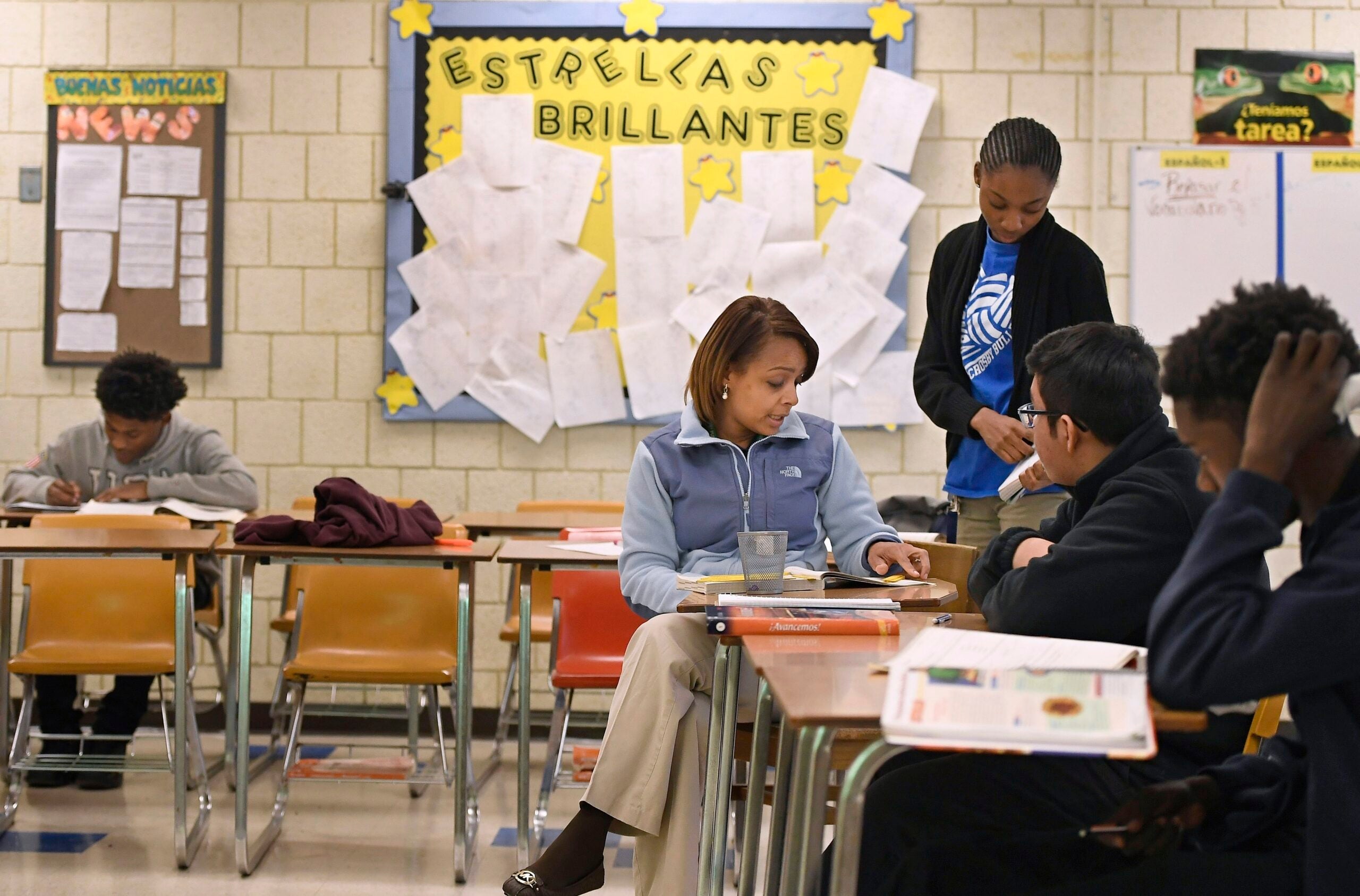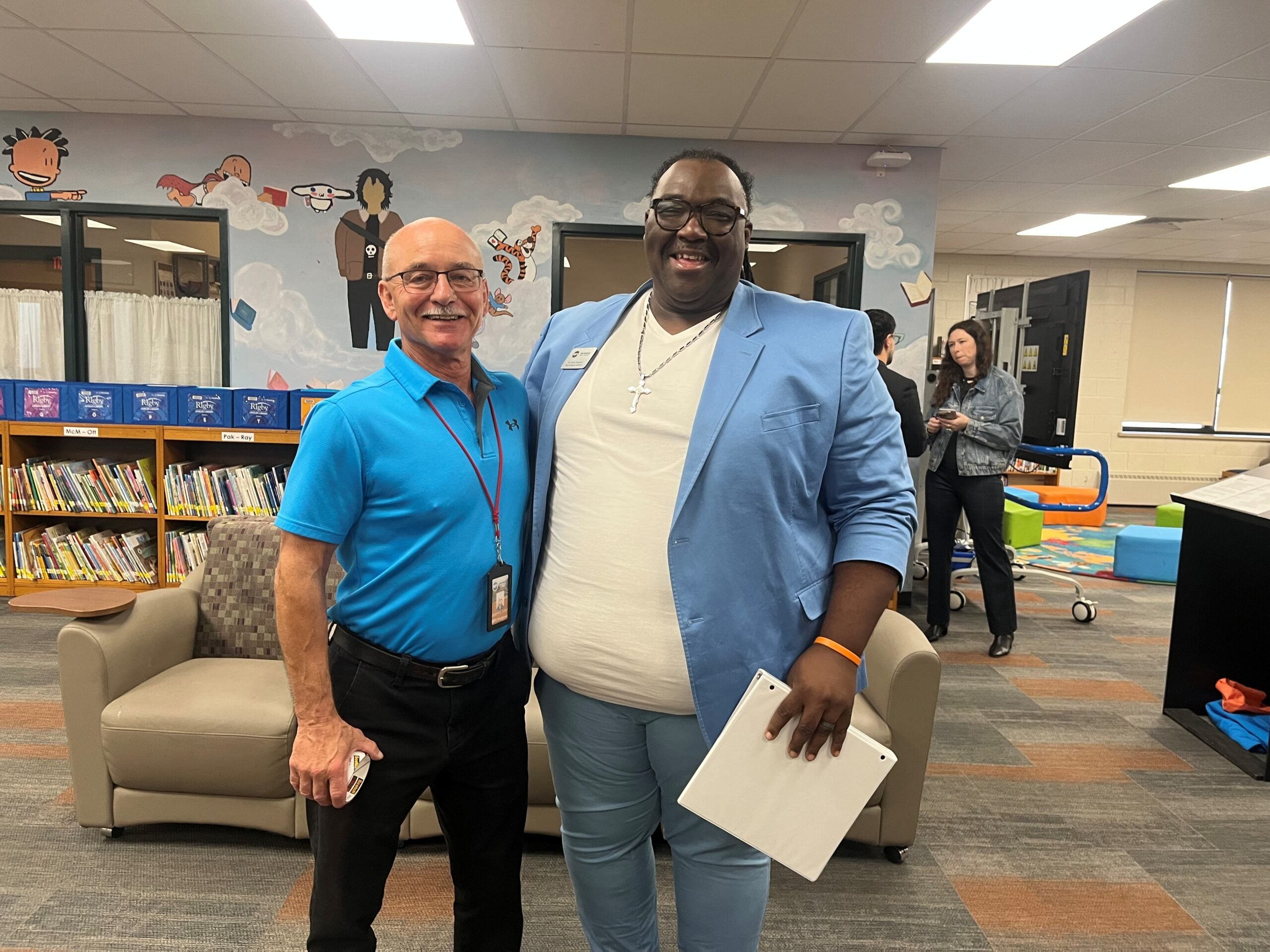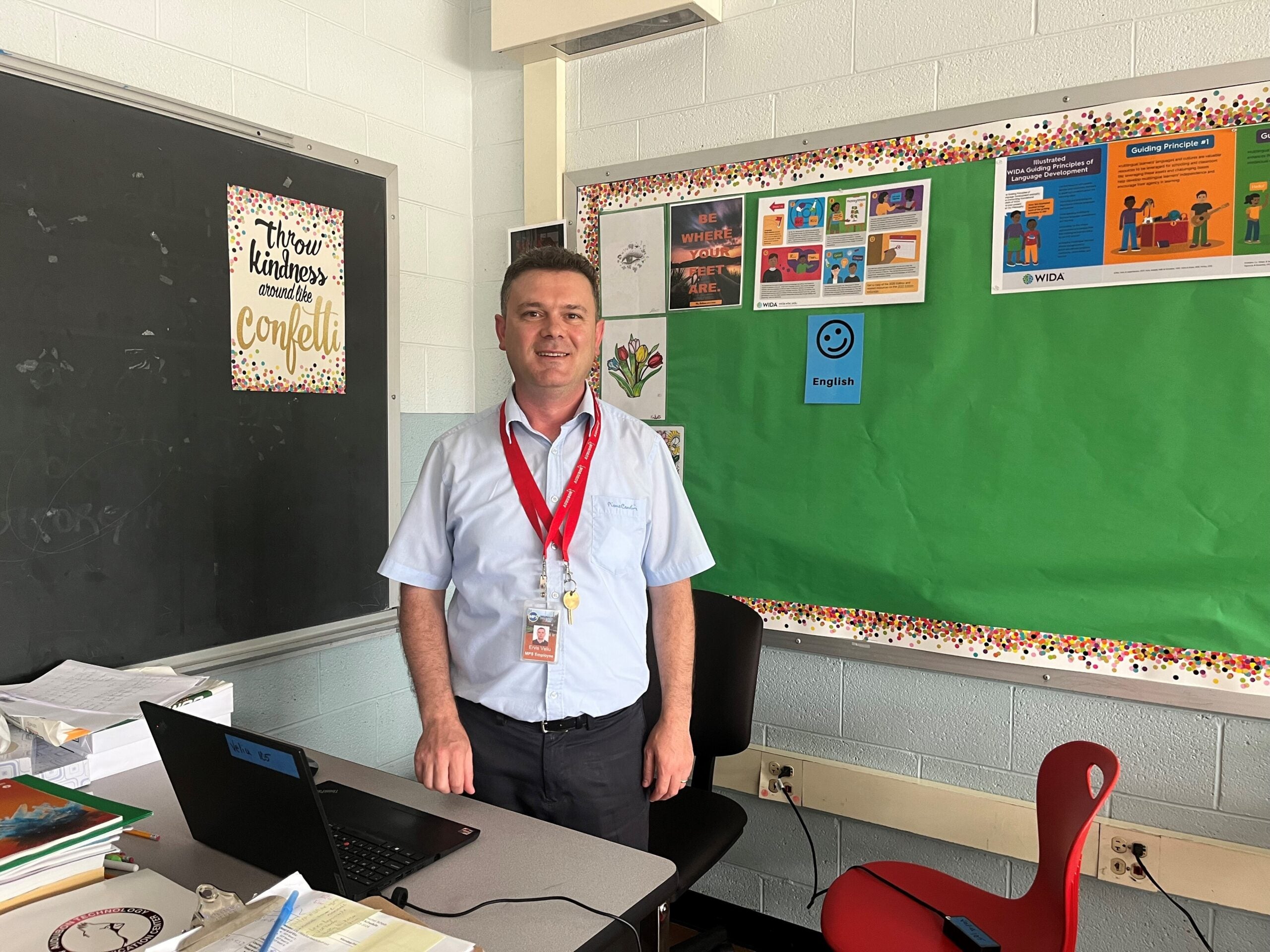Over the next three years, Milwaukee Public Schools will have help securing candidates for some of its toughest-to-fill teaching jobs.
A new partnership between MPS and the University of Wisconsin-Madison provides on-the-job training through a 10-month teaching residency, paired with a special education teacher preparation master’s degree program.
During the residency, graduate students receive a $46,500 living stipend. On completion of the program, they commit to teaching in a Milwaukee Public Schools school for three years.
News with a little more humanity
WPR’s “Wisconsin Today” newsletter keeps you connected to the state you love without feeling overwhelmed. No paywall. No agenda. No corporate filter.
Each year, 12 people will be accepted into the program, providing MPS with 36-master’s-level special education teachers at the end of three years.
Michael Harris, senior director of talent management for MPS, says that’s about how many special education teacher vacancies the district has right now.
“You have got to find partners, and you have got to find the money to make this happen,” Harris said. “I’m really excited that UW-Madison collaborated with us. We know this is going to have a lasting impact on the district.”
The UW–Madison Special Education Teacher Residency Program is being paid for with a grant from the U.S. Department of Education.
Need for special education teachers in Wisconsin has been ongoing for years
The residency program isn’t Madison’s only project looking to draw more teachers to Wisconsin classrooms.
Teacher Pledge, another program through the university, pays the equivalent of in-state tuition and fees, testing and licensing costs for all teacher education students. In return, the student pledges to work at a Wisconsin school for three to four years after graduation.
The nationwide teacher shortage has made headlines since the pandemic and Wisconsin is no exception. In the 2021-22 school year, the state Department of Public Instruction issued 3,197 emergency licenses to teach in Wisconsin. That was an increase of 2,072 licenses, or 184.2 percent, over 2012-13, when 1,125 emergency licenses were issued, according to data from the Wisconsin Policy Forum.
Special Education made up the largest increase, according to the report. Emergency licenses are issued when school districts can’t find a licensed teacher to fill a position.
This is the second iteration of the teacher residency program. The first launched in 2018 and focused on the Beloit School District and 16 small rural school districts across the state.
Over the five years of the project, 30 special education teachers were placed in the school districts.
Deb Torrison, the special education director for the Cambria-Friesland School District and its principal for sixth through 12th grades, said without the UW-Madison partnership, she wouldn’t have special education teachers.
At the time the partnership started, Torrison’s district, located about an hour north of Madison, was expecting their special education teachers to retire. Over the last four years, all the special education teachers she has employed have been through the program.
“The timing was perfect,” Torrison said. “I don’t know what we would have done these last few years. I have no idea.”
Kimber Wilkerson, a special education professor at UW-Madison who runs the program, said even with the monetary and academic support students in the program receive, it is still challenging to fill the spots.
“Special education has always had shortages, and now that there are shortages across all of the teaching areas, special ed has been hit even harder,” Wilkerson said. “It makes the districts all the more grateful to have well-prepared people who are committed to staying. But I look forward to evolving back to a place where it is easier to attract people into the profession.”
Wisconsin Public Radio, © Copyright 2026, Board of Regents of the University of Wisconsin System and Wisconsin Educational Communications Board.

